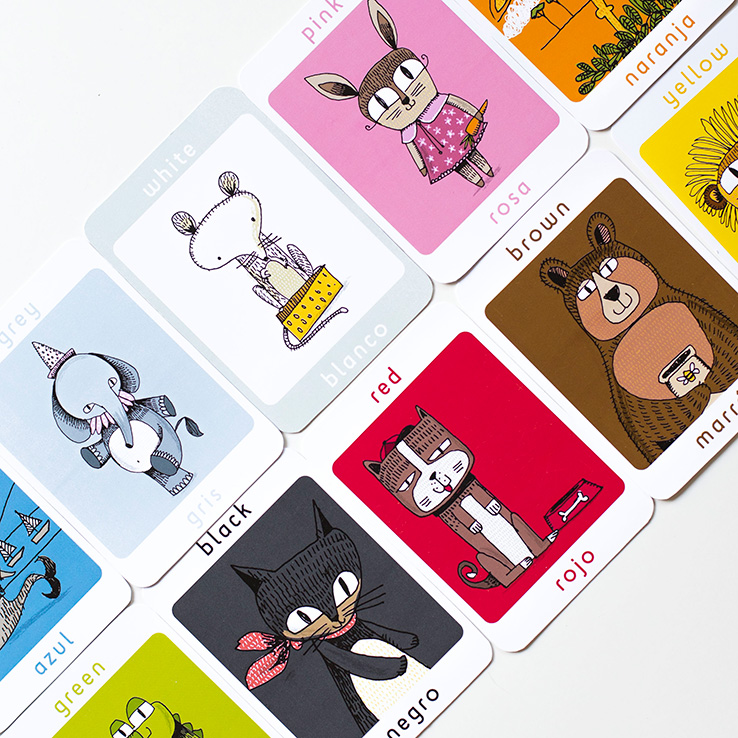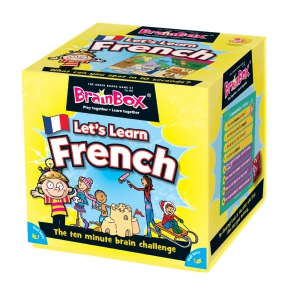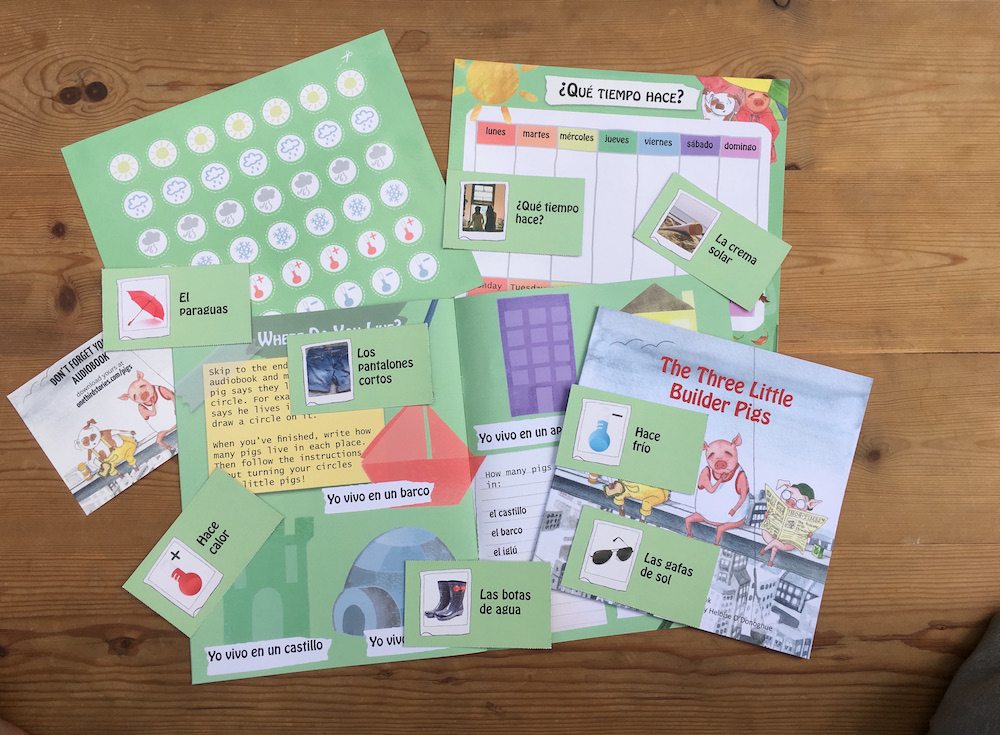Regret is generally something that I try to avoid, but as think back to my school days and all those French lessons I failed to take part in, I get far too many waves of it! The number of learners with English as an additional language (EAL) in Scottish schools has increased by over 30% since 2013. There are now over 39,000 pupils in all phases of education which is nearly 6% of the school population. Yet for most of us (when we finally get to travel again) we’ll be fumbling for our phrasebooks.
In Scotland children experience learning another language from primary 1 to the end of the broad general education in secondary school. This can be in French, German, Spanish, Italian, Gaelic, Urdu, Mandarin or Cantonese – although I suspect the majority of schools still just teach French! Despite this, our country’s linguistic skills continue to lag behind our counterparts in Europe. The stereotype of ‘Brits abroad’ simply shouting or adding ‘o’ to the end of words feels more embarrassing than remotely amusing.
As noted in the article Why Bilinguals Are Smarter by Yudhijit Bhattacharjee of the New York Times, the author states, “The collective evidence from a number of such studies suggests that the bilingual experience improves the brain’s so-called executive function — a command system that directs the attention processes that we use for planning, solving problems and performing various other mentally demanding tasks.” But brain function aside, to me a second language (or third, fourth, or fifth…!) allows us to travel, to move beyond our own culture and creates more of an opportunity to embrace others.
Whilst it’s easy to feel hopeless – and look back to languages lessons with regret – many parents also see the need to change. As benefits of a bilingual upbringing become well known, it turns out Edinburgh is the place to be – with an increasing number of language classes for children with the aim of a second language becoming more fun and attainable.
So what we do? Regardless of whether we can speak a second language or not?
Local Classes
There’s an array of local languages classes in Edinburgh, but also accessible courses online for those further afield or not wanting to add extra travel into their day!
Mini Languages has launched a really cool platform for younger kids – complete with videos and printables to work through at home. Thankfully, it also comes with a ‘grown-up’ hub where you can brush up on pronunciation and grammar!
For those looking for a face to face option – way back in 2017, I was invited to review a class with Theatre Sans Accents in Edinburgh. This was hands down, the most fun I’ve ever had learning languages.
I’m delighted to see that they are running French Language Summer Camp for Children in Edinburgh this year – so for kids aged 6-11 then do check it out!
Cool cards
Lil’ollo provide packs of 10 bilingual flash cards – each with a game guide with ideas for learning as you go! Perfect whether you are already speaking a second language at home, or just getting started!

Great Games
For older children (age 8+), Brain Box have produced a game with bilingual captions and questions at two levels – making it suitable for beginners or more experience speakers alike.

Sing-a-long
Perhaps one of the most natural ways to learn language – it’s how we so often pick up numbers, colours, noises etc as infants. Why not a second language? In this post, Mama Lingua shares 5 simple songs in Spanish.
Read about it
For children aged 4-9, One Third Stories offer a subscription service of stories that start in English and end in a different language, along with a range of educational activities and resources for children.
Before the book arrives, they send an audiobook version which encourages kids to listen and response – developing more than just reading!

Get online
Finally, whilst there is a myriad of Apps available – Duolingo is fantastic for older children and is available free both online and as a downloadable app. A huge variety of languages is available – I’ve been working on my French since April and have friends learning Gaelic in order to support their children who are learning at primary school!
Are you raising bilingual children? We’d love to hear your tips in the comments below!


